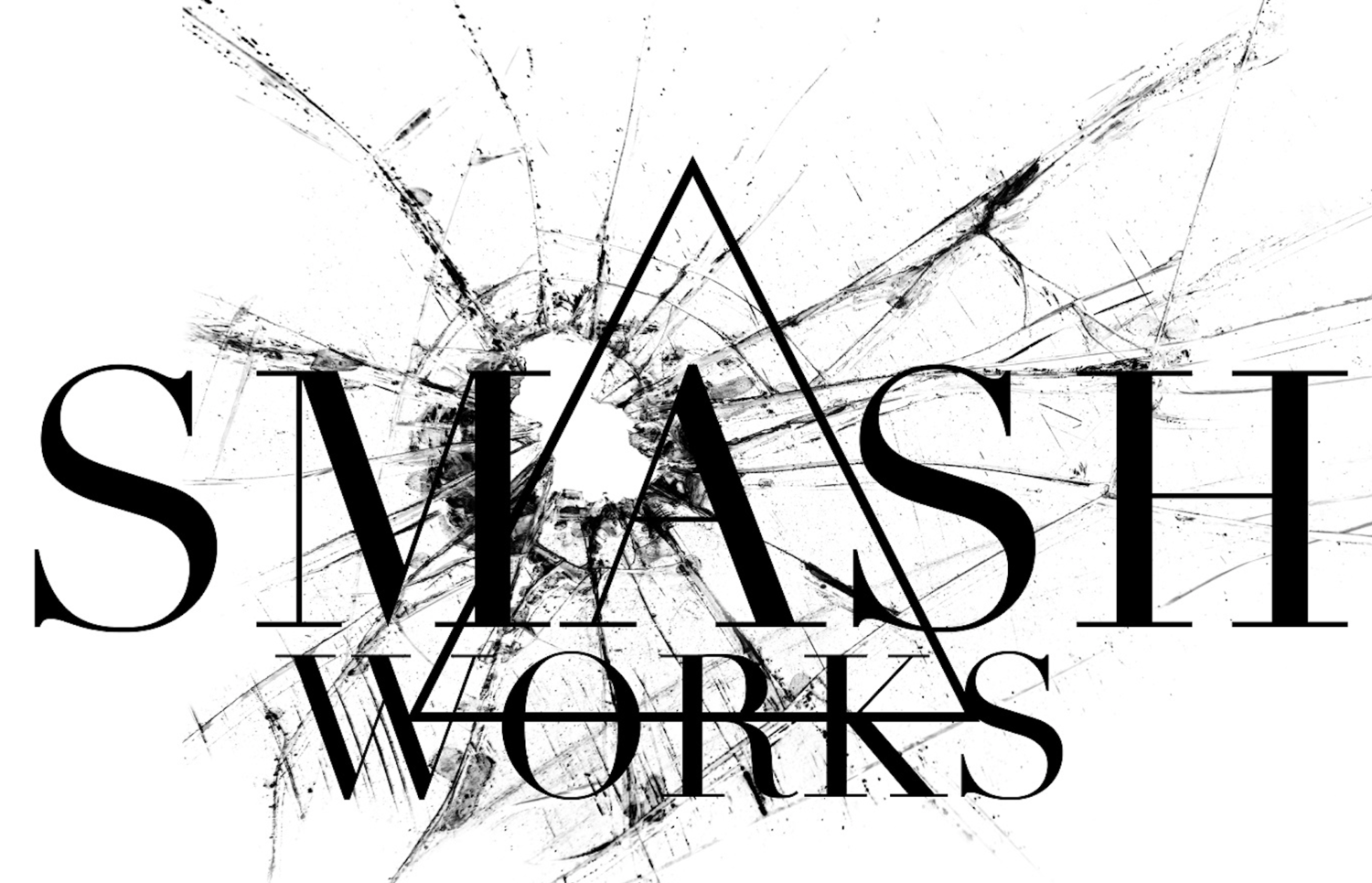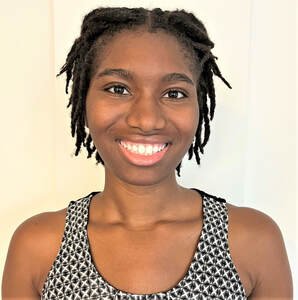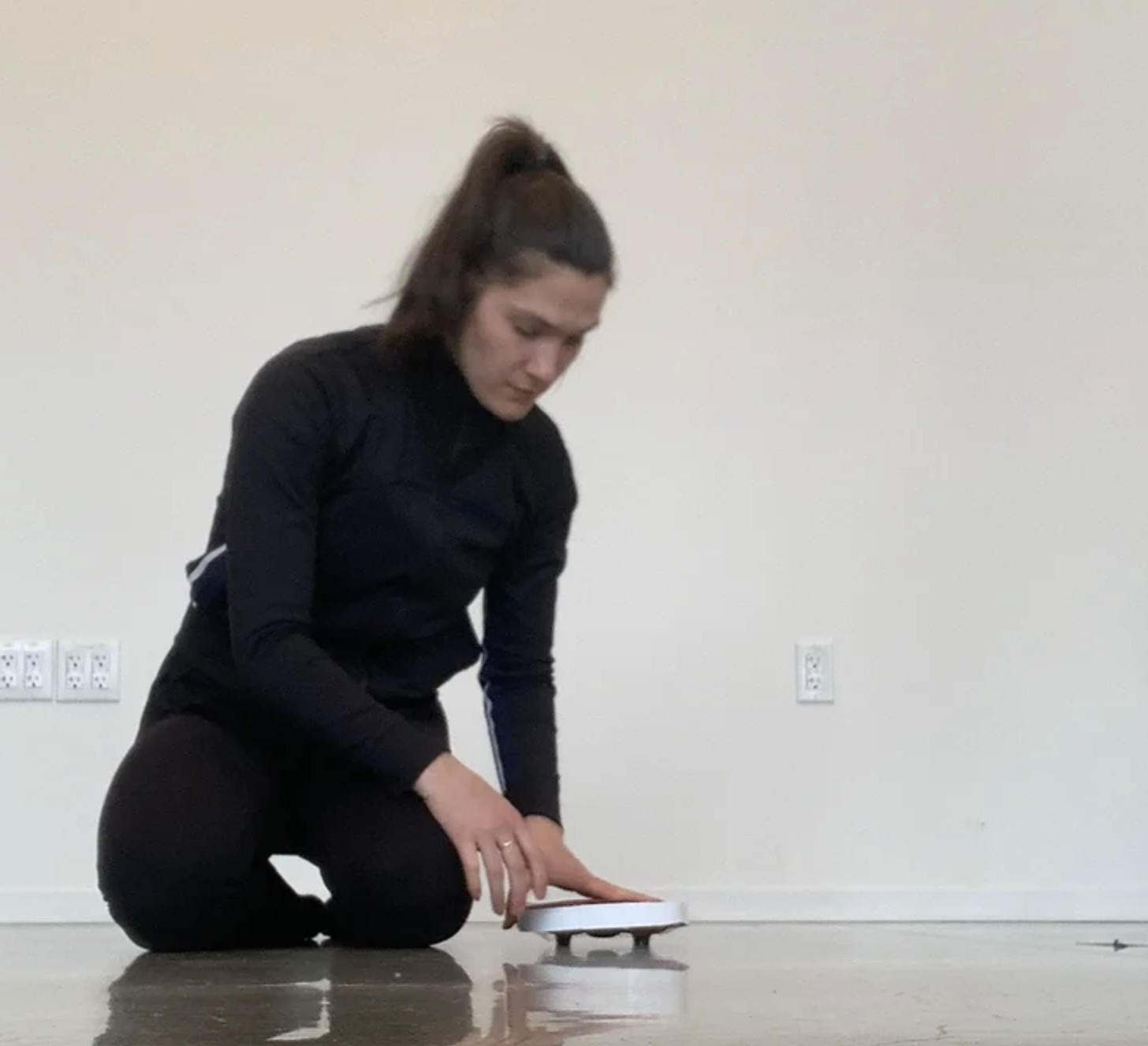Coming 2025
In partnership with artists-in-residence Louisa Pancoast and Dr. Nialah Wilson-Small, we are developing an evening-length performance that will explore the relationship between dancer and machine and showcase extended physical contact between humans and flying robots. With an anticipated world premiere in spring 2025, Austringer is ready to take flight, but we need your support to get this project off the ground.
Austringer will partner dancers with drones in what will be a one-of-a-kind performance piece in which there is extended physical contact between the flying robots and humans. Artists-in-residence Louisa Pancoast and Dr. Nialah Wilson-Small will continue the research they presented at the 2023 Human-Robotics Interactions conference in Stockholm, Sweden, pushing progress in the worlds of tech and performance art along the way! Austringer will explore physical contact, surveillance, and the nature of drones in a never-before-seen way. We have a $20,000 pledge towards our $62,500 budget; your donation will bring us closer to securing this crucial funding.
We have a generous donor who has pledged to match up to $20,000 to fund this ambitious project, and with your help we can reach our goal:
Austringer is an immersive contemporary dance piece with a network of multiple drones and dancers and one drone pilot, exploring human-drone physical contact, weight-sharing, and proximity and how it relates to surveillance and intimacy. Does witnessing closeness and touch between humans and drones alter our perception of drones; are they a threat or a comfort?
A linguistic cousin to the better-known falconer, the term austringer encompasses the complex dynamic amongst a team of predators: one airborn and the other earthbound. Austringer asks how a drone body affects the movement of a human body; do drones have the capacity for meaningful, nonverbal communication with humans; and does this communication support an egalitarian partnership between drones and humans?
Initial steps for Austringer: Dr. Wilson-Small (left) and Louisa Pancoast have collaborated on research at the intersection of dance and robotics since 2021, exploring the role of dance in developing nonverbal communication, shared autonomy, and physical contact with drones. Their research has been supported by Cornell Tech, published by the Association for Computing Machinery, and presented at the ACM/IEEE 2023 Human Robot Interaction Conference in Stockholm, Sweden.








